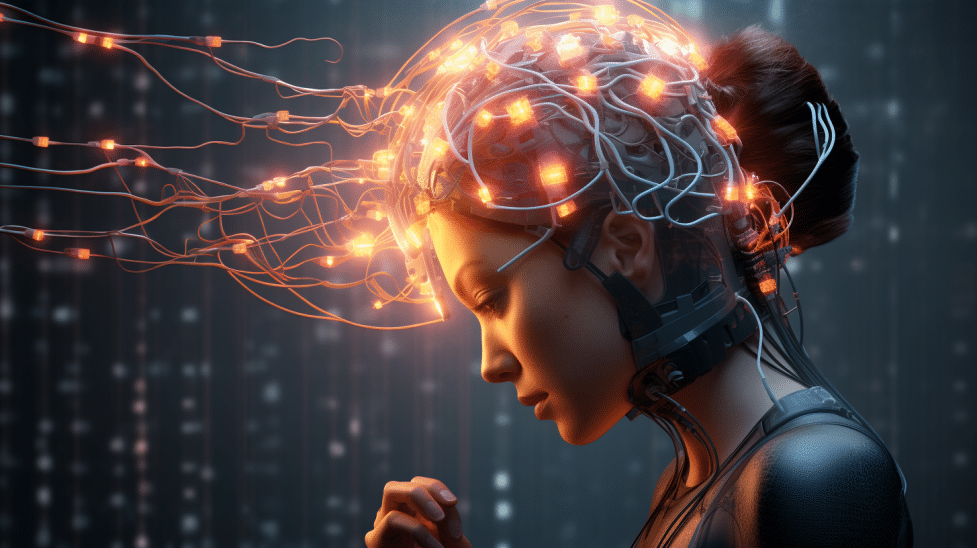Boost Your Brain: Foods that May Increase Neurotransmitter Levels
Food provides the building blocks for our mental and physical health. New research reveals that many common foods supply key neurotransmitters that regulate brain and nervous system function. Understanding how our diet provides these crucial molecules opens up possibilities for supporting brain health through food. Key Facts: Foods contain the same neurotransmitters used by the …










